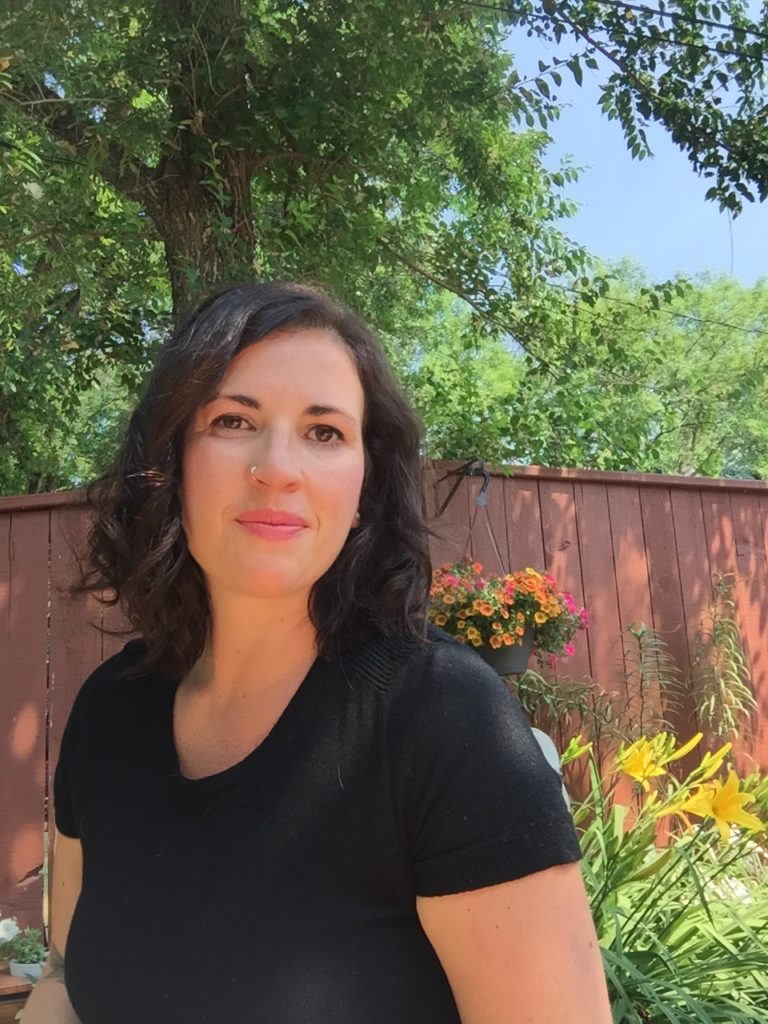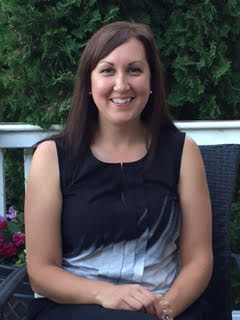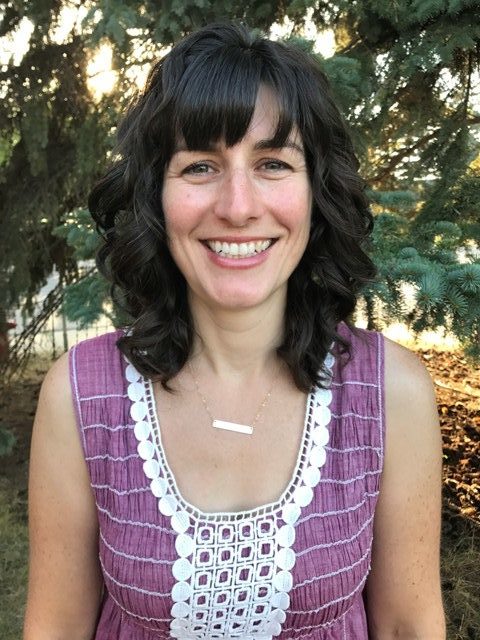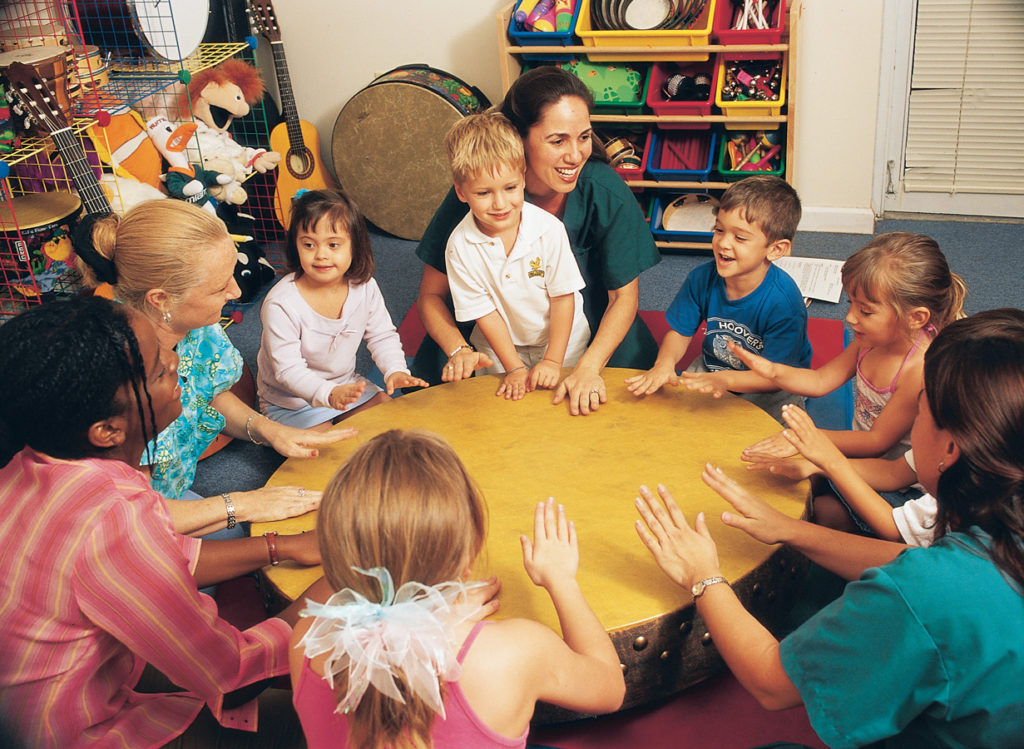We feel truly lucky to have found such amazing therapists and wanted to take a moment to introduce you to Amanda McConnell, another one of the talented ladies joining our growing family of therapists. Amanda has been at the centre for a month and we are already wowed by her enthusiasm, skill and love Read More >
Category: Guest Posts
Welcome to the Team Chandra Whippler!
We are so pleased to let you know a little bit more about Chandra Whippler, who has been working at Regina Speech Centre for the past month and impressing us with her dedication, her love for her clients and families , her cheery smiles and her therapy knowledge. Thanks so much for joining our little Read More >
Welcome to the Team Orenda Pelzer!
We are so excited to announce another member of our growing family of therapists. We know Orenda will bring the same passion, enthusiasm, dedication and skill that we believe in here at Regina Speech Centre. Take a minute a read a little bit about her career and her interests. We can’t wait to have Read More >
The Missing Piece: Auditory Processing and Learning Difficulties!
The Missing Piece: Auditory Processing and Learning Difficulties! The good news is it can be treated. by Dr. Debbie Davis, Au.D on May 13, 2017 Auditory Processing Disorder affects the way the brain interprets the information the ear hears. It is estimated that 2-3% of children in Canada are affected by Auditory Processing Disorder. With approximately 1 in 30 children impacted by APD, there could be one child in every classroom that is struggling with understanding the teacher. Despite normal hearing, children will have difficulties with listening in the classroom “when the brain can’t hear”. Some APD behaviours are related to difficulty listening to the spoken message, as in difficulty with excessively noisy situations, or with directions, tonality or speed of speech. Auditory processing difficulties can happen to any of us even with normal processing. Who doesn’t struggle just a little bit more when listening to an Englishman’s accent? The difference here is that someone with APD will struggle even if that speaker doesn’t have an accent. Therefore when the message is degraded it will require a lot of effort and sometimes there is not enough mental energy remaining to remember what is heard. This would mean one would have difficulty with auditory memory. That’s where brief, clear, and simple instructions can make it easier for children to understand and follow instructions. If the instructions become lengthier, with several steps, pieces are often missed or forgotten. Children may often have a language delay and/or reading difficulties because of the impact that APD can have on phonemic awareness. In layman’s terms, phonemic awareness is hearing, discriminating and manipulating sounds in language. As a matter of fact some countries have found 94% of children with APD also had language impairment or reading disorder. Some other APD behaviours may be mistaken as attention deficit. It is very important to differentiate between auditory processing disorder and attention deficit disorder given that short attention spans can be noted with both and symptoms may be similar between the two. When much of a student’s instruction is auditory based it can be frustrating and overwhelming for the them. This may lead to inattention and that’s why the behaviour could be similar to those with attention deficit. That being said, difficulties with inattention, impulsivity and hyperactivity and fidgety nature will tend to rank as more pronounced in ADD/ADHD than those diagnosed with APD. Individual causal factors of APD are unknown. However, as Auditory Processing Disorder may be hereditary the learning style of the child may be similar to that of one of their parents. Additionally, there may be other environmental factors that cause APD and those may be birth related issues, middle ear troubles in infancy or early childhood and neuromaturational delay, The good news is that before this disorder ends up secondarily impacting psychosocial well Read More >
Animal Assisted Therapy at Wild Blue Psychology
Here at Regina Speech Centre we love to share information about the amazing opportunities for therapy that are available in Regina and outlying areas. We believe in our clients having access to innovative therapy approaches offered by skilled and talented professionals, and that’s why we are so excited to have Registered Psychologist Kali Eddy Read More >
Early Childhood Intervention Program
Hi there!!! My name is Jennie Bryant and I am the Executive Director for the Early Childhood Intervention Program, Regina Region Inc. (ECIP). I was excited when I was asked to write a post for the Regina Speech Centre! Any chance to share information that may be of help to families in the community is Read More >
Music Therapy… What is that?
“I know what I was made to do!” I said to my father excitedly, “I want to be a music therapist!” “Great!” replied my father, followed by “What is that?” I gave him a feeble answer at the time and then with full support, my parents saw me off to Ontario to fulfill this newfound Read More >







